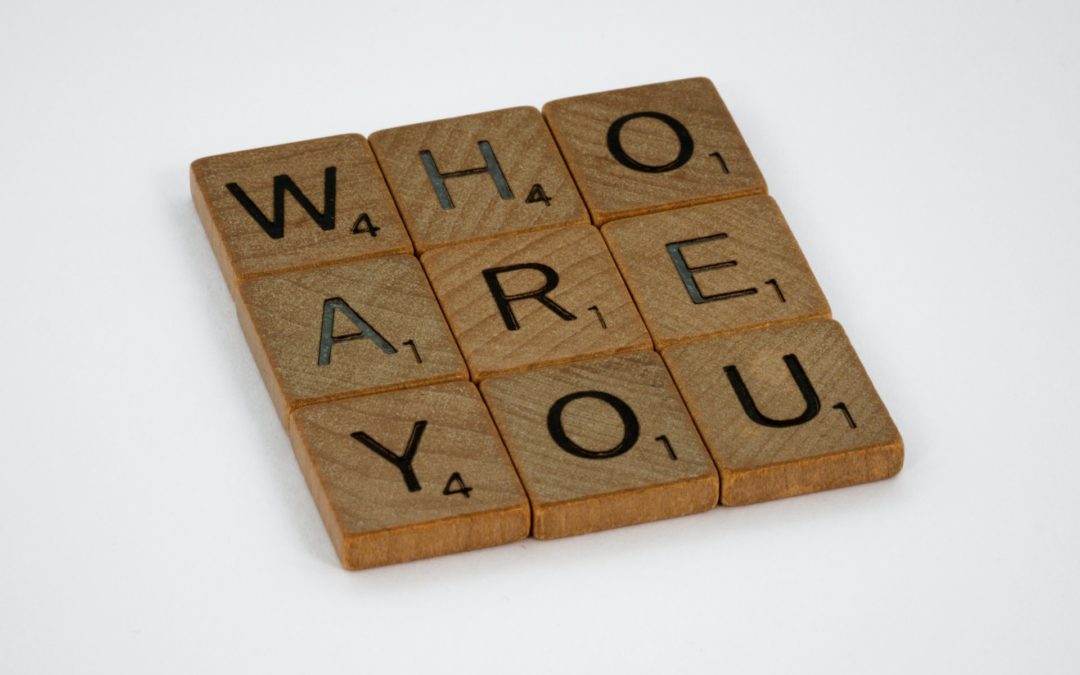Our mind is a powerful tool that can really propel us forward and or hold us back from our full potential. I see this every day in the work I get to do and I also have to fight my own gremlins when they show up in a world of comparison and not enough.
It’s no secret that we live in a culture where strengths and good qualities of others are viewed as positive things to strive for. Unfortunately, our perception of our own deficiencies is sometimes flashing brightly or screaming loudly in the background, encouraging us to compare ourselves to others. When this happens our shame gets very activated and we become emotionally hooked.
In Brené Brown’s book Daring Greatly, she focuses on Unwanted and Wanted Identities as a means for helping us understand shame triggers. Often we don’t know how or why we are hooked emotionally, but know that we feel small, resentful, angry, unseen, jealous, etc. So why does knowing your identity matter?
Let’s look at a highly successful young college student who was brought up in a family where achievement and pushing yourself beyond limits was the family’s way to demonstrate growth and success. Some of you are thinking…what’s wrong with that? Well nothing, if you enjoy the challenge and feel emotionally safe to express your real feelings as they arise.
What happens if vulnerability isn’t valued… and instead of feeling accepted to lean into what makes you feel good, you try to live in an identity that’s not authentic. What if you want to be perceived as competent, successful, risk taking, engaging…but instead you feel others see you as too emotional, wired too tight, dumb, uninteresting? When our unwanted identities are triggered, our shame is driving and we can spiral ourselves downward into a negative thought cycle that leads to both anxiety and often immobilization. This is where hopelessness and helplessness rear their ugly heads and can take us down.
The key to resilience is first understanding your wanted and unwanted identities. When I work with clients, it’s so important that they are open to learning new language and getting curious about the emotional “feels” inside their body that trigger their shame. Once we have this foundation, we can begin to unpack and build shame resiliency skills. Keep in mind that learning these skills doesn’t make us immune from shame…it just makes us better able to catch ourselves, befriend it, and begin to move through the stages of resilience so we can live more joyful lives.
You can find out more about working with me by clicking here.

